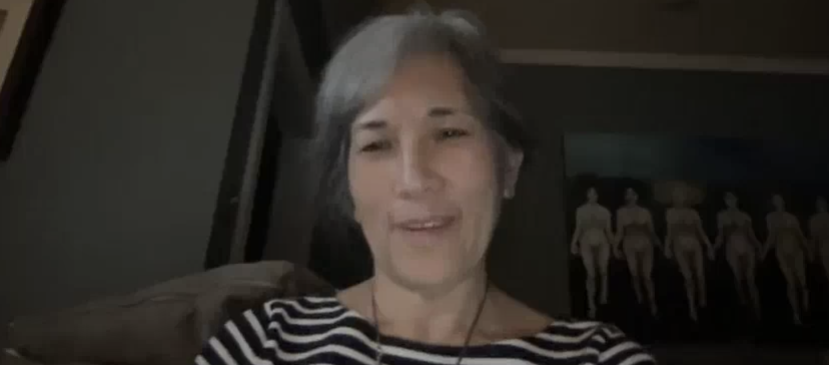
How can we improve our listening? To ourselves, and one another?
To what do we attend? What to allow to arise in our mind?
This is a journey to improve our listening, attention, and to act well in our shared world.
The social validation of our engagement is in the listener, who are invited to help co-create the next phase.
Seed Phase
I (David) attended an event, a guest speaker and chairperson facilitating question and answers. The topic was cooperatives. It was clear to me that the format was going against our mutual interests, and the presenter was aware of the power imbalance, and the context of war breaking out in the middle east again; all the efforts of all well-meaning people all over the world going unheard, blown out by bloody conflict.
I engaged a few fellow listeners, one of whom was Margaretha. We began an email exchange a few hours later that day. And based on the intensity of our engagement, agreed to meet. The audio recordings are below; transcripts are available for the first part, but we lost AI for the second and third.
The social validation of our engagement is the intention of working on a ‘listening workshop’ or ‘listening frame’. Any listeners are invited to help co-create the next phase.
Part One
Summary
Margaretha Hendrickx and David Pinto arrange to meet online after an interesting engagement discussing cooperatives. They discuss the possibility of recording the conversation and express their trust in each other. They also touch on the importance of transparency and genuine engagement, particularly in interactions with adolescents.
Margaretha and David discuss the importance of talking versus engaging in conversation.
They explore how children learn language and math, emphasizing that labels are not necessary for understanding. They also highlight the signifcance of listening over speaking and the need to value intentionality rather than focusing solely on words. Additionally, they touch on the relationship between logic and mathematics, as well as the power of now in terms of conscious and subconscious thought processes.
Margaretha Hendrickx suggests starting another session, but David Pinto proposes parking the conversation for now. They discuss the use of AI and whether it will affect human consciousness. Margaretha expresses interest in reading David’s book and discusses her own work on the present versus the past. They talk about how David’s book can provide a different perspective on reality and academics’ reliance on representations. They mention
bypassing lenses to understand our natural condition and discuss academia’s disconnect from reality. David explains his concept of refexive reading and developing genuinely relational social sciences. Margaretha talks about losing sight of people when focusing too much on representational knowledge and getting back to understanding individuals’ experiences. They discuss trickster/gestalt switches in reading, self-awareness as readers, lexicons, and continue with another part of their discussion in Part 3.
Outline
Chapter 1: Introduction (00:00 – 05:58) Margaretha Hendrickx and David Pinto arrange to meet online after an interesting engagement about cooperatives (01:46 – 01:55) Margaretha apologizes for being intense in her initial email conversation (02:28 – 02:11) Margaretha asks if their conversation is being recorded (03:09 – 03:31) David discusses the purpose of their conversation and the intention to beneft the listener (07:48 – 08:47) Margaretha mentions her academia profle and trauma-informed storytelling (09:26 – 09:12) David expresses his interest in transparency (12:43 – 12:21)
Chapter 2: Communication and Language (16:10 – 27:51) David suggests shifting the conversation to children learning language (17:02 – 17:14) Margaretha discusses the importance of words and labeling (17:54 – 17:48) David shares personal experiences with language learning and understanding children’s thoughts (22:40 – 23:36)
David emphasizes the focus on listening rather than talking in society (25:08 – 25:22) Margaretha agrees and discusses the role of words and listening (27:15 – 27:51)
Chapter 3: Understanding the Present (28:27 – 36:55) David explores the concept of the present moment and consciousness (28:46 – 29:46) Margaretha acknowledges David’s model development and expresses interest in his book (29:45 – 30:40) Margaretha proposes continuing the conversation in another session (30:40 – 31:01) Margaretha discusses her focus on the present and human consciousness (31:01 – 31:33) David introduces the concept of refexive reading in his book (33:50 – 34:13) Margaretha discusses the representational nature of writing and conversation (34:57 – 35:04)
Chapter 4: Conclusion and Next Steps (37:11 – 39:15) Margaretha suggests ending the current session and continuing in another part (39:03 – 39:15)
Transcript
Download pdf
Part Two
Part 3


